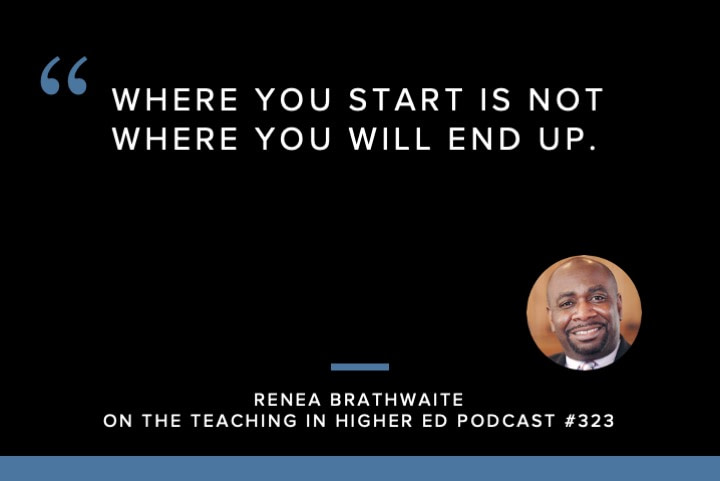Episode: Neutrinos give insights into the workings of the Sun’s core
Pub date: 2020-11-25

Scientists have finally confirmed the existence of a CNO cycle fusion reaction in the Sun, and why women’s contraception research needs a reboot.
In this episode:
00:47 Detection of CNO neutrinos
Since the 1930s it has been theorised that stars have a specific fusion reaction known as the CNO cycle, but proof has been elusive. Now, a collaboration in Italy report detection of neutrinos that show that the CNO cycle exists.
Research article: The Borexino Collaboration
News and Views: Neutrino detection gets to the core of the Sun
08:48 Coronapod
We discuss the search for the animal origin of SARS-CoV-2, with researchers raiding their freezer draws to see if any animals carry similar viruses, and the latest vaccine results.
News: Coronaviruses closely related to the pandemic virus discovered in Japan and Cambodia
News: Why Oxford’s positive COVID vaccine results are puzzling scientists
19:32 Research Highlights
How sleep patterns relate to ageing, and a solar-powered steam sterilizer.
Research Highlight: For better health, don’t sleep your age
Research Highlight: Technology for sterilizing medical instruments goes solar
21:50 Getting women’s contraception research unstuck
Since the 1960s there has been little progress on research into women’s contraceptives. This week in Nature, researchers argue that this needs to change.
Comment: Reboot contraceptives research — it has been stuck for decades
29:35 Briefing Chat
We discuss a highlight from the Nature Briefing. This time, a tool to summarise papers.
Nature News: tl;dr: this AI sums up research papers in a sentence
See acast.com/privacy for privacy and opt-out information.
The podcast and artwork embedded on this page are from Springer Nature Limited, which is the property of its owner and not affiliated with or endorsed by Listen Notes, Inc.







